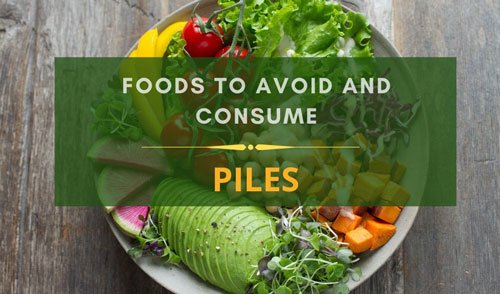
Food for Piles: Best Food Options and Foods to Avoid – Expert Advice by Dr. Hemant Garg
Introduction:
In collaboration with Dr. Hemant Garg, a distinguished gastroenterologist specializing in the treatment of piles (hemorrhoids), we delve into dietary strategies aimed at managing this common yet often uncomfortable condition. Piles, characterized by swollen and inflamed blood vessels in the rectal area, can cause pain, itching, and discomfort. Dr. Garg sheds light on the best food choices and foods to avoid to alleviate symptoms and promote digestive health for individuals living with piles.
Understanding Piles:
Piles, also known as hemorrhoids, occur when the blood vessels in the rectal area become swollen and inflamed. Contributing factors include straining during bowel movements, chronic constipation or diarrhea, obesity, and a sedentary lifestyle. Dr. Garg emphasizes the importance of dietary modifications in managing piles, as certain foods can exacerbate symptoms while others can provide relief.
Best Food Options for Piles:
Dr. Garg recommends incorporating the following foods into the diet to alleviate symptoms and promote digestive health for individuals with piles:
- High-fiber Foods:
- Fiber plays a crucial role in promoting regular bowel movements and preventing constipation, a common trigger for piles. Dr. Garg advises consuming ample amounts of fiber-rich foods such as:
- Whole grains: Brown rice, whole wheat bread, oats, quinoa.
- Fruits: Apples, pears, berries, oranges, prunes.
- Vegetables: Leafy greens, broccoli, Brussels sprouts, carrots, squash.
- Legumes: Lentils, beans, chickpeas.
- Fluids:
- Adequate hydration is essential for softening stools and easing bowel movements, reducing the strain on hemorrhoids. Dr. Garg encourages drinking plenty of water throughout the day, along with other hydrating beverages such as herbal teas, coconut water, and diluted fruit juices.
- Healthy Fats:
- Incorporating healthy fats into the diet can help lubricate the digestive tract and ease bowel movements. Dr. Garg recommends incorporating sources of healthy fats such as:
- Avocado
- Nuts and seeds (in moderation)
- Olive oil
- Fatty fish like salmon and mackerel (rich in omega-3 fatty acids)
- Yogurt and Probiotic Foods:
- Probiotic-rich foods help maintain a healthy balance of gut bacteria, which is beneficial for digestive health. Dr. Garg suggests consuming yogurt, kefir, sauerkraut, and other fermented foods to support gut health and alleviate symptoms of piles.
- Foods to Avoid for Piles:
Certain foods can exacerbate symptoms and worsen the discomfort associated with piles. Dr. Garg advises individuals with piles to limit or avoid the following foods:
- Spicy Foods:
- Spicy foods can irritate the digestive tract and exacerbate symptoms such as itching and burning associated with piles. Dr. Garg recommends avoiding spicy foods, including chili peppers, hot sauces, and heavily seasoned dishes.
- Processed Foods:
- Processed foods high in refined sugars, unhealthy fats, and additives can disrupt digestive function and contribute to constipation or diarrhea, aggravating piles. Dr. Garg advises limiting the intake of processed snacks, sugary treats, and fried foods.
- Caffeine and Alcohol:
- Both caffeine and alcohol can have a dehydrating effect on the body, leading to dry, hard stools and increased straining during bowel movements. Dr. Garg recommends minimizing caffeine and alcohol intake and opting for hydrating beverages instead.
- Red Meat:
- Red meat, particularly fatty cuts, and processed meats can be difficult to digest and may exacerbate symptoms of piles. Dr. Garg suggests reducing the consumption of red meat and choosing lean protein sources such as poultry, fish, and plant-based proteins.
Conclusion:
In conclusion, dietary modifications play a crucial role in managing piles and alleviating symptoms associated with this common condition. By incorporating fiber-rich foods, staying hydrated, and making mindful food choices, individuals with piles can support digestive health and improve overall well-being. Under the expert guidance of Dr. Hemant Garg is the most reputed Fistula Treatment and Fissure Treatment in Jaipur and has years of work experience and is the Best Piles Doctor in Jaipur for Fissure Surgery and for such as Fistula surgery and Piles Surgery.